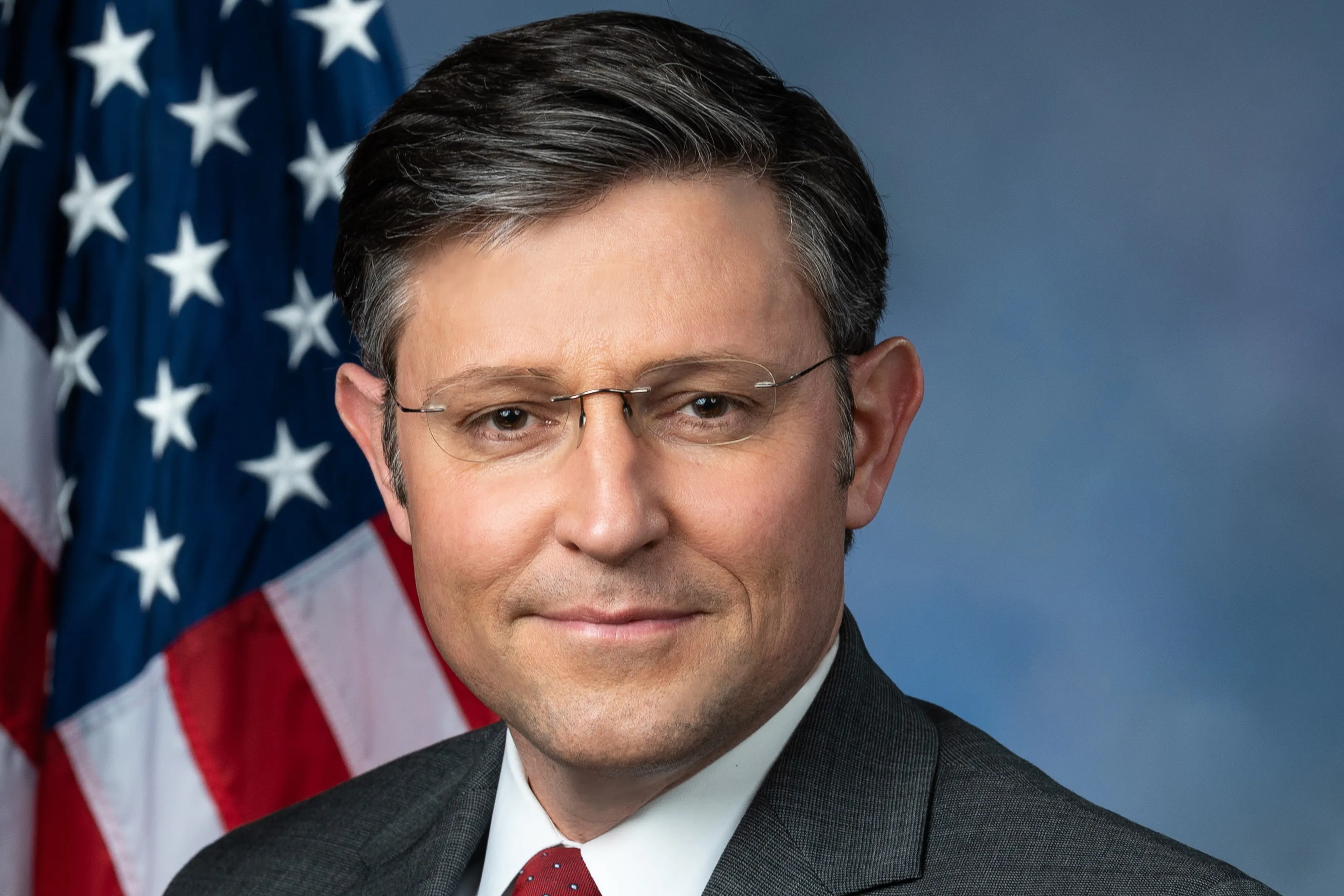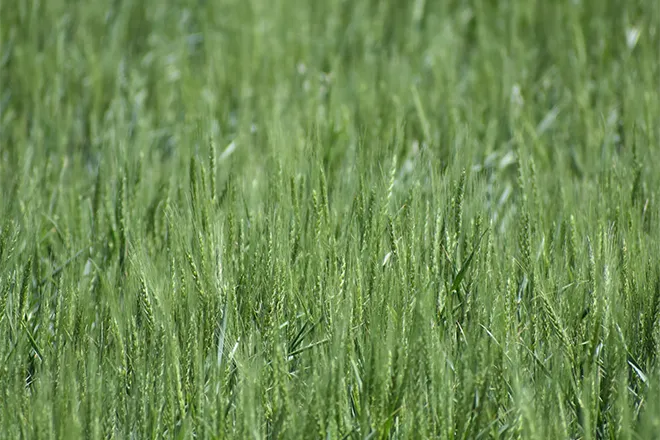
Daily Audio Newscast - September 5, 2025
© AlexLMX - iStock-823000260
Six minutes of news from around the nation.
RFK Jr. grilled on health care policies in a contentious Senate hearing; Crop insurance pours billions of taxpayer dollars into large farms; Candidates focus on child care costs, affordability in Virginia elections; SNAP cuts could deepen struggles for families and children in GA.
TRANSCRIPT
The Public News Service Daily Newscast, September the 5th, 2025.
I'm Mike Clifford.
It was a rare display of bipartisan consensus, seen Thursday at a remarkably contentious Senate hearing with House Secretary Robert F. Kennedy Jr.
That from NBC News.
The report Kennedy appeared before the Senate Finance Committee after an extraordinarily tumultuous week and a half, which he now has limited access to COVID vaccines, and fired the newly confirmed director of the Centers for Disease Control and Prevention.
Over about three hours of questioning, Kennedy was more vocal in his anti-vaccine views than at previous Senate hearings, and seemed to return to embracing fringe positions.
NBC notes it was Kennedy's criticism of vaccines that drew bipartisan condemnation.
And as climate change intensifies, despite billions available through government assistance, Illinois farmers growing anything but corn and soybeans find it extremely difficult to insure their crops.
Even Illinois crop insurance agent, Ed Dubrik, couldn't figure out how to safeguard his specialty crop and poultry farm in Cisna.
When drought wiped out nearly half his summer harvest in 2023, he had to rely on resilience and creativity to carry him through.
He says diversity was his insurance.
Because peas like cool weather, but tomatoes and peppers want warm weather, and peppers do really well in drought.
So like having that diversity of, okay, well, it might be a bad year for this crop, but I know that one's gonna pick up the slack if things turn this direction.
Last year, only 10 specialty crop farmers in Illinois had crop insurance policies compared with nearly 147,000 corn and soybean policies, according to federal data.
The U.S. Department of Agriculture's program is designed to stabilize the farm economy, but it primarily covers four commodities, corn, soybeans, wheat, and cotton.
In 2022, it costs taxpayers $12 billion in subsidies and nearly $4 billion in administrative costs.
I'm Judith Ruiz Branch Reporting.
This story with original reporting by Karina Atkins with the Chicago Tribune.
And as Virginia ages closer to elections this November, one issue is frequently on the minds of voters, affordability.
Former Democratic Congresswoman Abigail Spanberger called for increased investments in the childcare subsidy program and better attention of childcare staff.
Republican Lieutenant Governor, Winston Earl Sears, is seeking similar policies, in addition to childcare vouchers and tax cuts on baby goods like diapers.
Roy Krobaninsky with Save the Children, says the financial strain of childcare for families also drags down the US economy.
We see this play out in state after state where parents have to make that decision of, is it financially responsible for me to go to work or be at home with my child?
That's playing out family after family, kitchen table after kitchen table across the country.
And it's starting to have a real significant economic impact on states and nationally.
More than 12,000 children in the Commonwealth are currently on waitlists for publicly funded child care.
I'm Zimone Perez.
This is public news service.
Cuts to the Supplemental Nutrition Assistance Program or SNAP are raising alarms in Georgia where high poverty rates and limited grocery access already make it difficult for families to eat well.
According to a report by KFF Health News, the cuts also counter efforts to help people fight chronic illnesses through healthy food.
Gina Platanino with the Food Research and Action Center says the reductions come as residents pay more for food, rent and other essentials.
She explains the loss of support won't just hurt households but could ripple through rural towns and local economies.
"As these cuts keep coming through basic services or even k-12 education are going to be put at risk because there are no resources is coming in but the need will still be there and prices of food will keep increasing and shelter costs and everything will be there.
She cautions that families will feel the squeeze first but the impact won't stop there.
Shantia Hudson reporting.
This story was produced with original reporting from Renuka Rehassam for KFF Health News.
And scams involving false claims for medical equipment are spreading across Ohio.
That's according to experts in Medicare fraud.
Sometimes scammers offer free equipment in exchange for your Medicare number, even if you don't need it.
They bill Medicare and potentially get paid.
Carolina Eiler, a program specialist who works with seniors on Medicare counseling and fraud prevention, says this not only drains money from the Medicare program, but people can be denied the equipment in the future.
When they actually need the device and the doctor orders said the supplier is going to try to bill Medicare, Medicare is going to deny the claim because there's already a claim for the same thing that was billed.
The FBI reports that in 2023, older Ohioans lost more than $64 million to fraud and scams.
Farah Siddiqui reporting.
Finally, conservation groups in New England are urging the public to comment on the Trump administration's proposed repeal of the federal roadless rule.
If redacted, roughly 260,000 acres of pristine wilderness within the region's White Mountain National Forest could be open to commercial logging.
Matt Cannon with the Sierra Club Maine says Americans have less than three weeks to weigh in on the decades-old policy.
"This seems like the process is being purposefully accelerated in a way to meet the administration's ends and that's something we should all be very, very concerned about."
The Trump administration argues the rules repeal is needed to increase American timber production by 25 percent and allow for more oil and gas drilling on federal lands.
The public comment period runs through September 19th.
I'm Catherine Carley.
Cannon says roadless areas not only drive tourism in parts of New England but also provide critical wildlife habitat.
This is Mike Clifford for Public News Service, member and listener supported.
Find our trust indicators at publicnewsservice.org.















